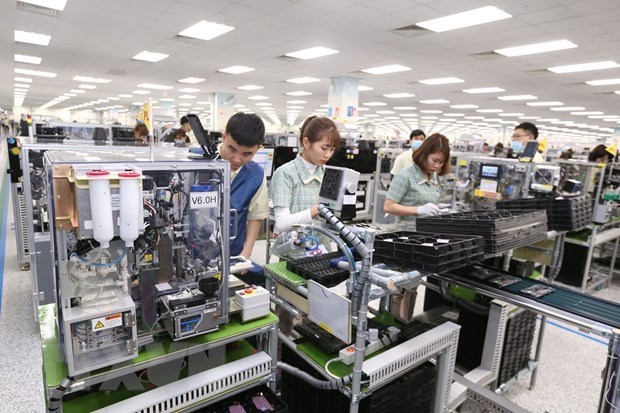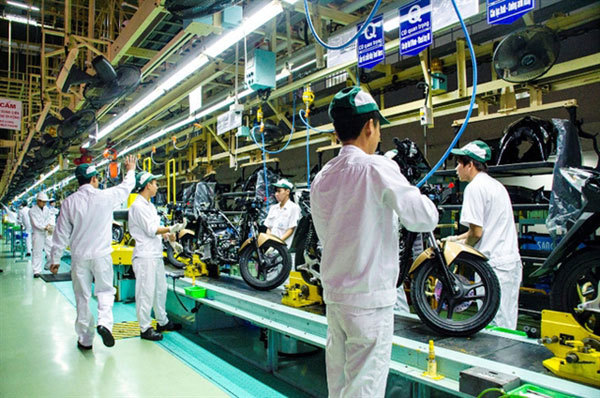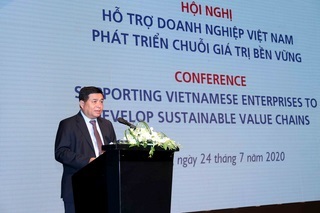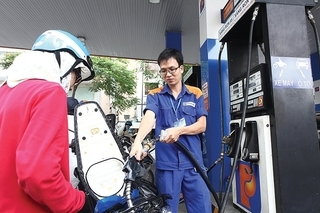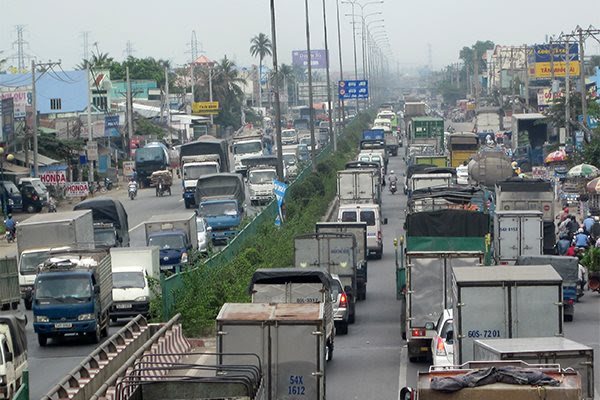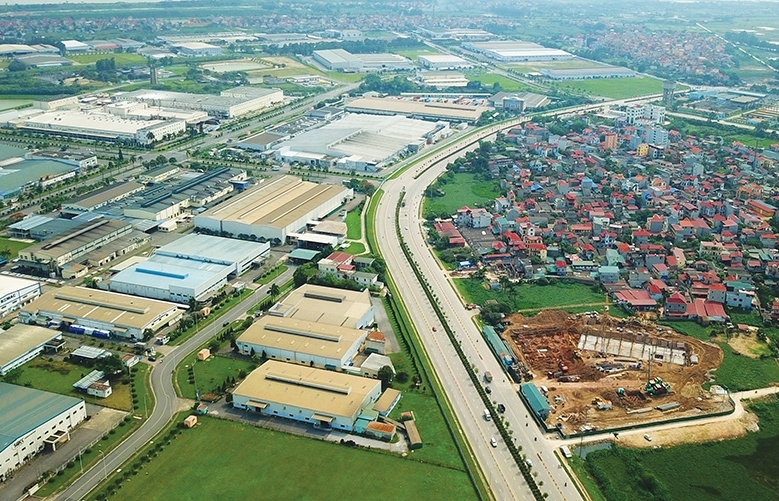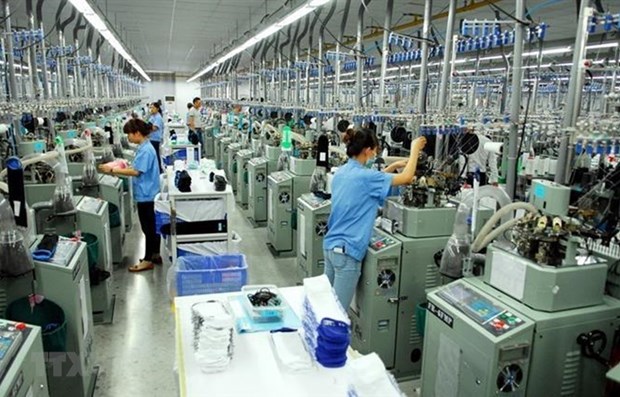- © Copyright of Vietnamnet Global.
- Tel: 024 3772 7988 Fax: (024) 37722734
- Email: evnn@vietnamnet.vn
foreign investment
Update news foreign investment
Vietnam’s economic success story attributed to effective FDI attraction
Vietnam has become one of the world’s fastest growing economies since the country first opened up to foreign trade and investment more than three decades ago,
Vietnam expects imminent new wave of foreign investment
 In late July, news that 15 Japanese companies received support from their Government to move to Vietnam from China became a hot topic in the media.
In late July, news that 15 Japanese companies received support from their Government to move to Vietnam from China became a hot topic in the media.
Vietnam gov’t to offer extraordinary incentives for high-impact FDI projects
By fulfiling certain criteria, some foreign investors would receive special treatment, said Minister of Planning and Investment Nguyen Chi Dung.
Vietnam's oil sector open on back of new eased FOL cap
Even if the latest proposal for international investors to be able to own up to 35 per cent of Vietnamese oil firms comes true, it may still not be smooth sailing for foreign groups to step up in the market.
Vietnam property market increasingly attractive to foreign capital
Vietnam has for the first time been named a “Semi-Transparent” market in the 2020 Global Real Estate Transparency Index (GRETI) by Jones Lang LaSalle (JLL) thanks to the progress in its largest markets, HCM City and Ha Noi.
Korean investors anticipate favourable investment environment in Vietnam
Many financiers from the Republic of Korea (RoK) are expecting that regulations on financial investment activities in Vietnam will become clearer and more open with the revised Investment Law coming into force.
US companies planning to expand investment in Vietnam
An online discussion took place recently in Washington D.C. to look into post-COVID-19 investment opportunities throughout ASEAN, with some companies saying they will soon announce investment and business expansion plans in Vietnam.
Focusing on technology transfer in attracting new wave of FDI capital
As Vietnam is attracting high-quality foreign inflows, domestic firms now have an even greater opportunity to draw technology transfer to improve added value in its manufacturing industry.
Japanese companies enticed by local investment climate
Driven by new encouraging policies and motivations, more fresh opportunities will be coming for Japanese investors in Vietnam, expecting a new investment wave ahead.
Foreign investors expected to own 35 percent of stake in VN petrol and oil firms
The Ministry of Industry and Trade (MoIT) has proposed the Government to allow petrol and oil businesses to transfer stakes to foreign investors, but not exceeding 35 per cent.
Foreign investors request prosecution and arrest of Huy Nhat
Four foreign investors petitioned Vietnamese authorities to prosecute and take Huy Nhat into custody for appropriating $25 million from them.
What Vietnam needs to do to attract quality FDI after Covid-19
Speeding up infrastructure development and improving ease of doing business and vocational training are among things Vietnam can do to make itself more attractive to foreign investors post-Covid-19, according to VinaCapital.
New large-scale ventures promise more to follow
Newly-licensed large-scale projects which can attract satellite ventures in the supporting industries are expected to reinforce Vietnam’s initial target of almost $40 billion in registered foreign investment capital for the whole year.
Amended law alters funding landscape
The Vietnamese National Assembly has adopted the new Law on Investment, with new rules in favour of foreign investment, including from the US, which is expected to surge in Vietnam in the time to come.
A promising future for Vietnam after COVID-19
With an increasingly open business environment, and continuing international integration, Vietnam has long been regarded as a promising destination for foreign investment.
More foreign investment inflows into Vietnam
The Sino-American trade war together with supply chain disruptions due to the novel coronavirus pandemic has prompted many an investor to plan to relocate their production facilities in order to reduce their reliance on China.
No licenses for transport firms with foreign holding of over 51%
Vietnamese transport firms wherein foreign investors contribute over 51% of the chartered capital will not be licensed, according to the Ministry of Transport.
Process supervision can end licence limbo
Along with luring in new foreign investment inflows, one of the major tasks for the government is to tackle oversights in regards to foreign-invested projects without construction licences.
Orientations put Hanoi onto investment radar
Amidst the global trend of investment shifts, Hanoi is betting on new orientations and solutions to increase its appeal, expecting to open opportunities for international investors to venture further afield.
Working group established to promote foreign investment in Vietnam
A working group has just been founded under the Prime Minister’s decision to promote foreign investment in Vietnam.
